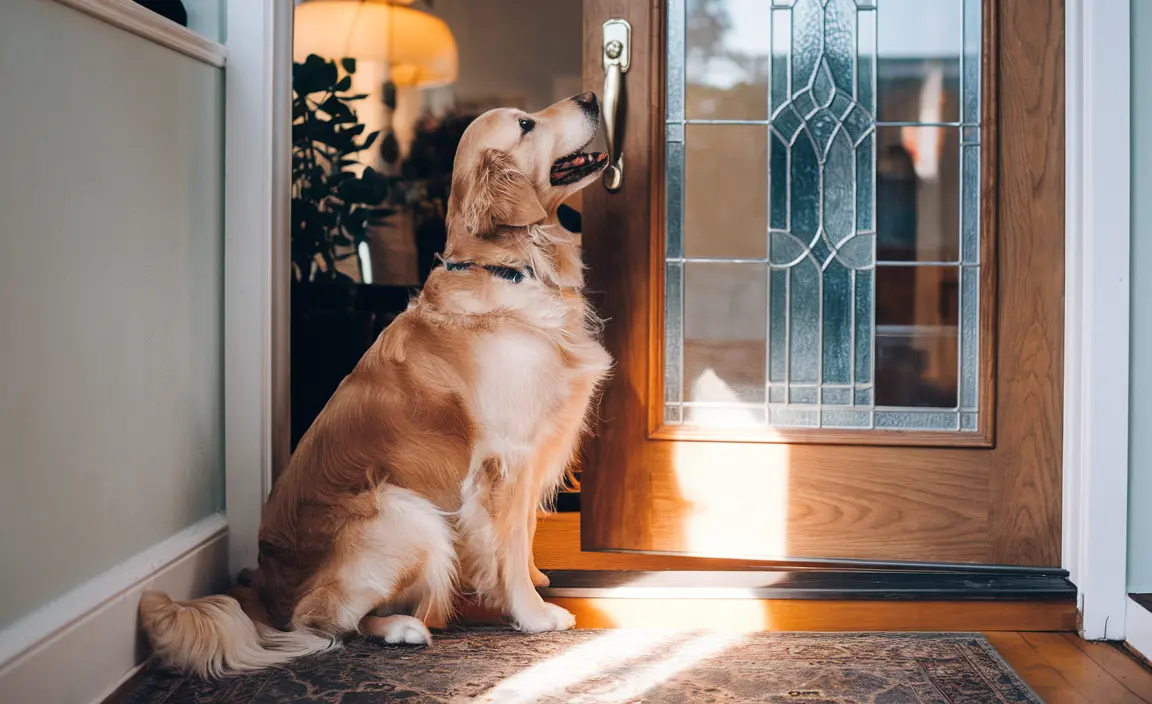Dog owners often find themselves perplexed and frustrated when a previously house-trained pet starts urinating indoors. This unexpected behavior can be distressing, indicating potential underlying medical, behavioral, or environmental issues that require careful investigation and compassionate intervention.
Understanding the root causes of sudden house soiling is crucial for effectively addressing the problem and restoring your dog's proper bathroom habits. Whether the issue stems from a medical condition or a behavioral challenge, the right approach can help you and your furry companion overcome this difficult situation.
Medical Reasons Behind Sudden Indoor Urination
Urinary Tract Infections: A Common Culprit
Urinary tract infections (UTIs) are a frequent cause of sudden house soiling in dogs. These painful conditions can trigger frequent urination, discomfort, and an inability to control bladder function. Dogs with UTIs may exhibit symptoms like:
- Frequent urination attempts
- Blood in urine
- Visible pain while urinating
- Increased water consumption
Age-Related Urinary Challenges
As dogs age, they may develop incontinence due to weakened urethral muscles or conditions like arthritis. Older dogs might struggle to hold their urine, leading to unexpected accidents inside the home. Neurological problems can also impair bladder control, making it difficult for your pet to recognize or respond to bathroom urges.
Behavioral and Environmental Triggers
Anxiety and Stress-Induced Urination
Emotional factors play a significant role in house soiling. Dogs can develop anxiety-related urination due to:
- Household changes
- New pets or family members
- Disrupted routines
- Separation anxiety
- Fear or overstimulation
Incomplete House Training and Territorial Marking
Some dogs may revert to indoor urination if their initial house training was inconsistent or if they feel the need to mark territory. Intact male dogs are particularly prone to marking behaviors, which can be exacerbated by stress or environmental changes.
Comprehensive Steps to Address House Soiling
Professional Veterinary Consultation
The first and most critical step is to schedule a comprehensive veterinary examination. A professional can rule out medical issues and provide targeted treatment for conditions like UTIs, kidney problems, or hormonal imbalances.
Behavioral Modification Strategies
- Reinforce house training techniques
- Maintain consistent daily routines
- Use positive reinforcement
- Create a calm, predictable environment
- Consider professional dog training if needed
Practical Management Techniques
Use enzymatic cleaners to thoroughly remove urine odors, which can prevent repeat accidents. For dogs with marking behaviors, consider spaying or neutering, which can help reduce territorial urination.
Frequently Asked Questions
Why is my dog suddenly peeing in the house after being house-trained?
Sudden house soiling can result from medical issues like UTIs, age-related incontinence, anxiety, stress, or incomplete house training. A veterinary consultation can help identify the specific cause.
How can I determine if my dog's house soiling is due to a medical issue or behavioral problem?
Look for accompanying symptoms like frequent urination, blood in urine, changes in drinking habits, or visible discomfort. A veterinarian can perform tests to distinguish between medical and behavioral causes.
What are the most common symptoms of urinary tract infections in dogs?
Common UTI symptoms include frequent urination attempts, blood in urine, visible pain while urinating, increased water consumption, and unexpected indoor accidents.
How can I effectively stop my dog from marking territories inside the house?
Strategies include spaying/neutering, consistent training, reducing stress, using positive reinforcement, and creating a stable home environment.
What steps should I take if my dog starts peeing in the house due to anxiety or separation issues?
Consult a veterinarian to rule out medical issues, work with a professional dog trainer, establish consistent routines, use calming techniques, and consider anxiety-reduction strategies like gradual desensitization.






